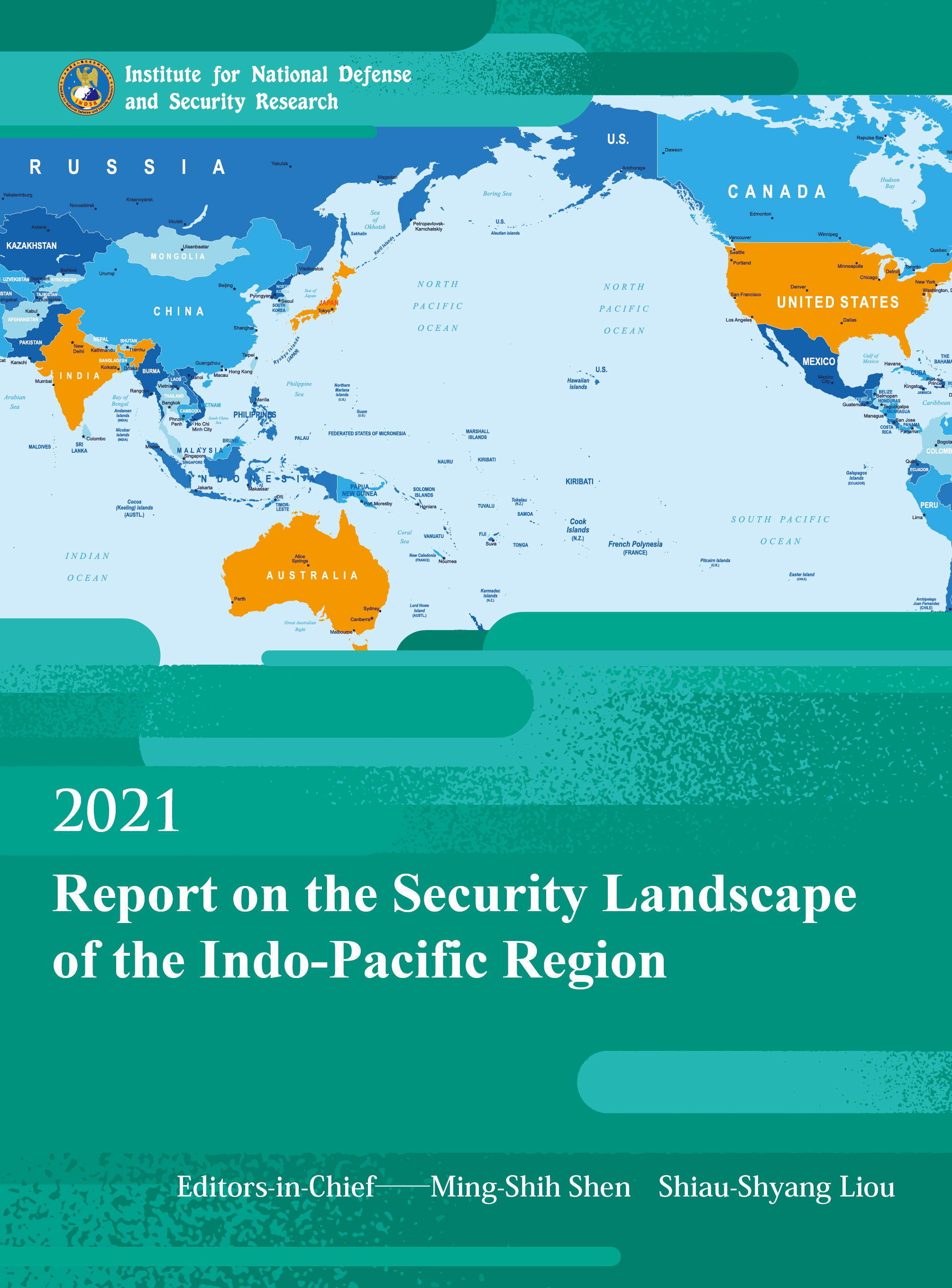Chapter 1 The Biden Administration’s Policies and Actions in the Indo- Pacific Region in 2021
2022.06.07
Views
253
PDF link:
Introduction
The U.S. activities in the Indo-Pacific region in 2021 are themselves influenced by a change in U.S. domestic factors—namely, the U.S. presidential election in November 2020. In the event that Donald Trump wins the election, the United States is expected to increase its checks and balances on Chinese expansion in the Indo-Pacific and across the globe; in the event that Joe Biden wins the election, the United States is expected to continue to strengthen its international confrontation with China, but the Biden administration’s strategy for dealing with the Chinese challenge is likely to diverge from that of the Trump administration.[1] In other words, a complete reversal of the Trump administration’s China policy should not happen. The development of U.S.-China relations in 2021 is a testament to a structural factor in the international system—the “great power competition” between established and rising powers, the United States and China. In contrast, domestic political variables in the U.S. have become a non-deterministic influence.
Nevertheless, comparing Biden’s Indo-Pacific Strategy with Trump’s Indo- Pacific Strategy is still informative: First, if the two Indo-Pacific Strategies share a high degree of similarity and continuity, it may prove that competition with China is a consensus between the U.S. Democratic and Republican parties and an inevitable result of the “great power competition” structural environment. Secondly, suppose there are differences between the two Indo-Pacific wars, particularly in terms of strategy rather than in terms of underlying nature or goals. In that case, the significance for Washington is whether the Biden administration’s strategy will be more effective in containing the Chinese threat. In the Biden administration’s initial national security strategy, it emphasizes that the distinction between foreign policy and domestic politics has been narrowed and that the reestablishment of an American democratic political system to counter threats to the United States and democracies from authoritarian dictatorships is critical to Washington’s international reputation and leadership, as well as to its ability and that of its democratic alliance to resist the Chinese and Russian revisionist powers. [2] In this regard, U.S. domestic affairs remain an indispensable variable in exploring its national security strategy and Indo-Pacific strategy.
In terms of the Indo-Pacific strategy, the Biden administration has fundamentally subsumed the Trump administration’s defensive approach while emphasizing the United States’ international leadership role and cooperation with its allied partners. In terms of strategy, the Biden administration’s approach differs noticeably from that of the Trump administration—on the one hand, it emphasizes the importance of rebuilding domestic governance, while on the other hand, it actively navigates diplomacy and strengthens ties with allies and partners to combat China in concert. In addition, on the geo-economic level, the Biden administration and Japan have proposed a U.S.-Japanese democratic version of the Indo-Pacific regional infrastructure plan to counter China’s “One Belt, One Road” initiative. Overall, the strategic competition between the U.S. and China in the Indo-Pacific region is expected to escalate in 2021, as the Biden administration continues to expand and consolidate its efforts to counteract China.
[1] Brahma Chellaney, “Biden Follows Trump’s Footsteps in The Indo-Pacific,” The Hill, March 25, 2021, https://thehill.com/opinion/national-security/544860-biden-follows-trumps-footsteps-in-the- indo-pacific.
[2] Joseph R. Biden, Jr., Interim National Security Strategic Guidance, The White House, March 3, 2021, https://www.whitehouse.gov/wp-content/uploads/2021/03/NSC-1v2.pdf, pp. 6-9. Also see Joseph R. Biden, Jr., “Why America Must Lead Again: Rescuing U.S. Foreign Policy After Trump,” Foreign Affairs, March/April 2020, https://www.foreignaffairs.com/articles/united- states/2020-01-23/why-america-must-lead-again.


